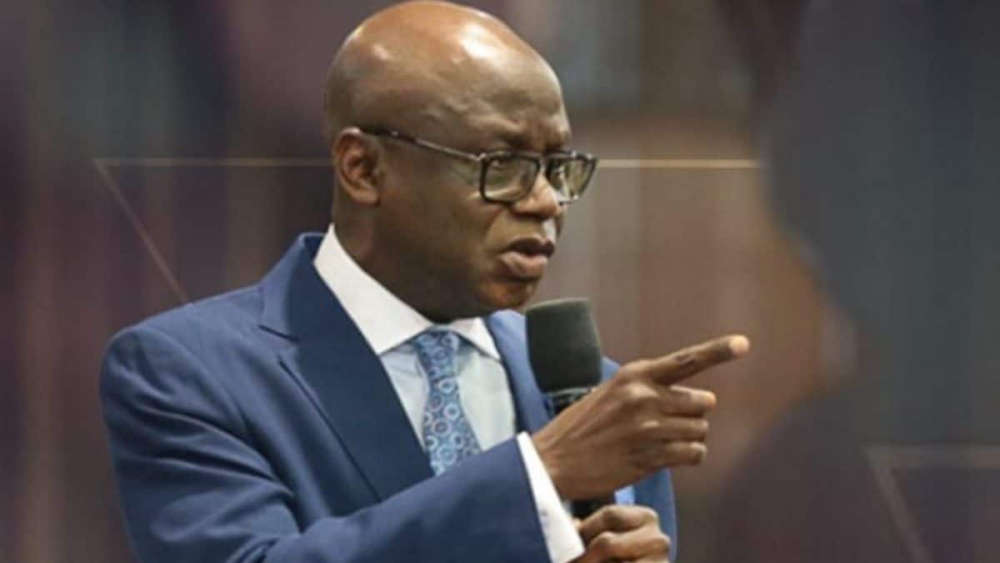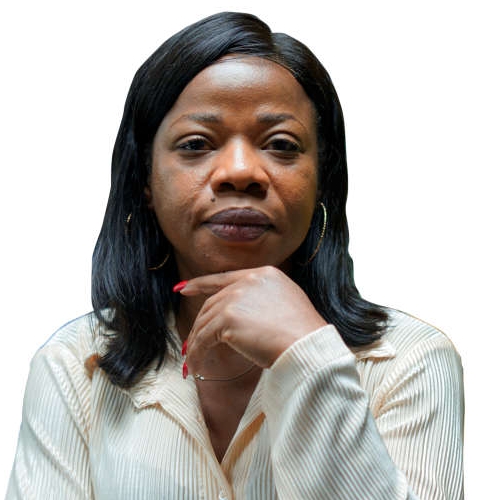
In a bold and controversial Easter message, Pastor Tunde Bakare accused the 10th National Assembly of being an extension of the Presidency, thereby undermining its role as a check on executive power.
His comments have ignited a flurry of reactions across Nigeria’s political landscape, with civil society leaders, academics, and political analysts offering a range of opinions on the state of governance and legislative independence. Pastor Bakare, who has largely stayed away from commenting on national issues in recent years, used the 2025 Easter to voice his concerns about the direction of the country under President Bola Tinubu. Speaking during his Easter service, Bakare accused the executive of manipulating the legislature and reducing it to a rubber-stamp institution. He argued that the current lawmakers in the National Assembly have failed to act independently and have instead become subservient to the will of the President.
In particular, Bakare’s comments targeted the state of emergency declared in Rivers State, which was ratified by the National Assembly using a voice vote rather than the more constitutionally appropriate two-thirds majority. Bakare condemned the ease with which the executive has overridden constitutional procedures, leaving the legislature as little more than a political puppet.
Civil Society Agrees with Bakare
One of the strongest reactions came from Saludeen Hashim, the Program Director at CLEEN Foundation, who fully supported Pastor Bakare’s observations. Hashim echoed the clergyman’s concerns, accusing the 10th National Assembly of prioritizing political loyalty over the interests of the Nigerian people. “These lawmakers have shown, from day one, that they are not there to serve the people who elected them. Instead, they are there to serve the political class and the executive, regardless of their party affiliation,” Hashim said in an interview. He further criticized the National Assembly for what he described as a failure to hold the executive accountable and for neglecting their constitutional duty to act as a check on presidential power. For Hashim, the situation marks a dangerous erosion of democratic principles and the integrity of the legislative arm of government.
A Different View: Nwangu Defends Legislative Cooperation
Not all reactions were in agreement with Bakare’s harsh critique. Ezewan Nwangu, Executive Director of the Peering Advocacy and Advancement Centre in Africa (PAACA), offered a more measured perspective, defending the National Assembly’s cooperation with the executive. Nwangu argued that the legislature’s role in a democracy is not always to conflict with the executive, as the separation of powers dictates that the arms of government operate collaboratively rather than adversarially.
“We should not expect the National Assembly to be in constant opposition to the executive. This is how the system of checks and balances works,” Nwangu remarked, adding that the legislature’s cooperation with the executive does not necessarily mean it has compromised its integrity.
Nwangu also pointed out the absence of significant opposition from PDP and Labour Party lawmakers during the controversial ratification of the state of emergency in Rivers State. His comments suggest that the opposition parties, too, may have been complicit in the legislative shortcomings.
Academic Voices Concerned about Compromise and Accountability
In the academic sphere, Professor Steve Wordu, a specialist in Political Sociology and Governance Studies at the University of Port Harcourt, shared Bakare’s concerns about the compromise of the National Assembly under the influence of President Tinubu. According to Wordu, the lawmakers’ failure to assert their independence points to a broader systemic problem that affects not just the legislative branch but also the broader Nigerian political landscape.
“The 10th National Assembly has been compromised. It has failed to stand up for the people and has become a tool of the executive,” Wordu said. He went further, blaming the wider public for tolerating the erosion of democratic norms, pointing out that citizens must hold their representatives accountable.
Religious Leaders Call for Governance Reform
In addition to Pastor Bakare’s comments, other religious leaders’ Easter messages this year also took a critical tone, reflecting the frustration felt by many Nigerians regarding the state of governance. Professor Walter Ihejirika, a Professor of Media Studies and Development at the University of Port Harcourt, commented on the tone of this year’s religious messages, noting that while they were critical of the government’s failures, they also served as a wake-up call for leadership.
“This year’s Easter messages, though not encouraging, are meant to serve as a reminder to our leaders that they must live up to their responsibilities. The people are suffering, and it’s time for those in power to address the needs of the populace,” Professor Ihejirika explained.
Pastor Bakare’s Easter message has sparked a critical conversation about the state of Nigeria’s democracy. While civil society leaders and academics are largely united in their concerns about the 10th National Assembly’s subservience to the executive, there remains a divide over how to interpret the relationship between the legislature and the executive in the current political climate. For many, the failure of the National Assembly to assert its independence represents a dangerous trend in Nigerian politics—one that erodes the country’s democratic foundations. But for others, the lack of conflict between the arms of government is simply a reflection of the separation of powers at work.
As Nigeria moves forward, the need for a more accountable and transparent legislature remains urgent, and the debate over its role in holding the executive accountable is far from over. In the meantime, Nigerians continue to look for leadership that will prioritize the people's interests over political expediency.


